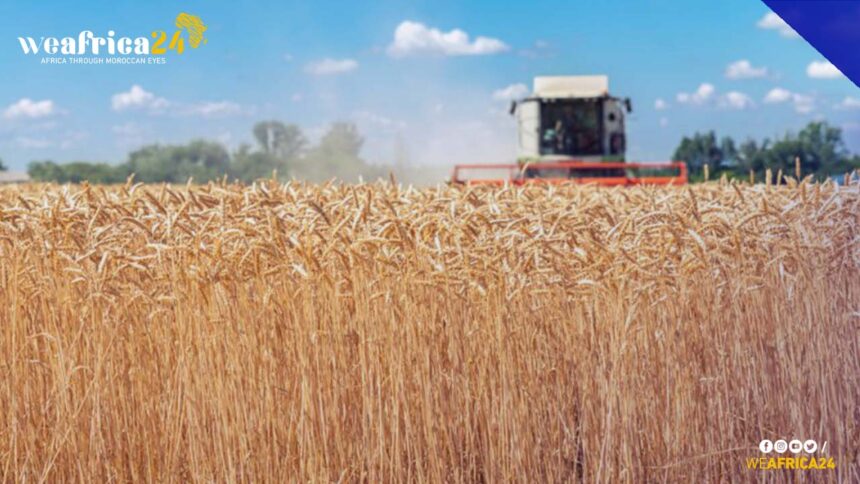The latest report by the Food and Agriculture Organization (FAO) of the United Nations reveals that North Africa faced a significant decline in cereal production in 2022.
The region’s total cereal production was estimated at 33 million tonnes, marking a 10% decrease from the previous five-year average. The most impacted crop was wheat, with production dropping to 16.6 million tonnes, which is 20% below average.
Morocco, in particular, experienced the most significant decline, with cereal production estimated at 3.3 million tonnes, a staggering 60% drop from the average.
The report attributes this decline to the drought that the country faced in 2022. Throughout the year, Morocco suffered from its worst drought in decades, which severely impacted the agricultural sector, mainly due to climate change and the delay in water management projects.
To compensate for the decline in production, the FAO estimates that the total grain import requirements in the region will increase by 2% from the average, reaching 51 million tonnes in the 2022-23 period.
The import is intended to build reserves for countries to prepare for similar future situations.
The decline in production had a natural impact on food prices in the region, with food inflation still high and at alarming levels in most countries, except for Libya.
In Morocco, the annual food inflation rate increased to more than 10% by June 2022, before reaching a record high of 15.5% in December of the same year.
The inflation rate came second after Egypt, which reached 48% by January 2023. The increase in food prices was also affected by several crises disrupting global production and supply chains, including the Covid-19 crisis, which severely impacted purchasing power, and the Russian-Ukrainian war, causing a significant increase in prices as the two countries were important exporters of grain.
The FAO report suggests that significant improvements in cereal and wheat harvests are still possible in 2023 if weather conditions improve throughout the year.







